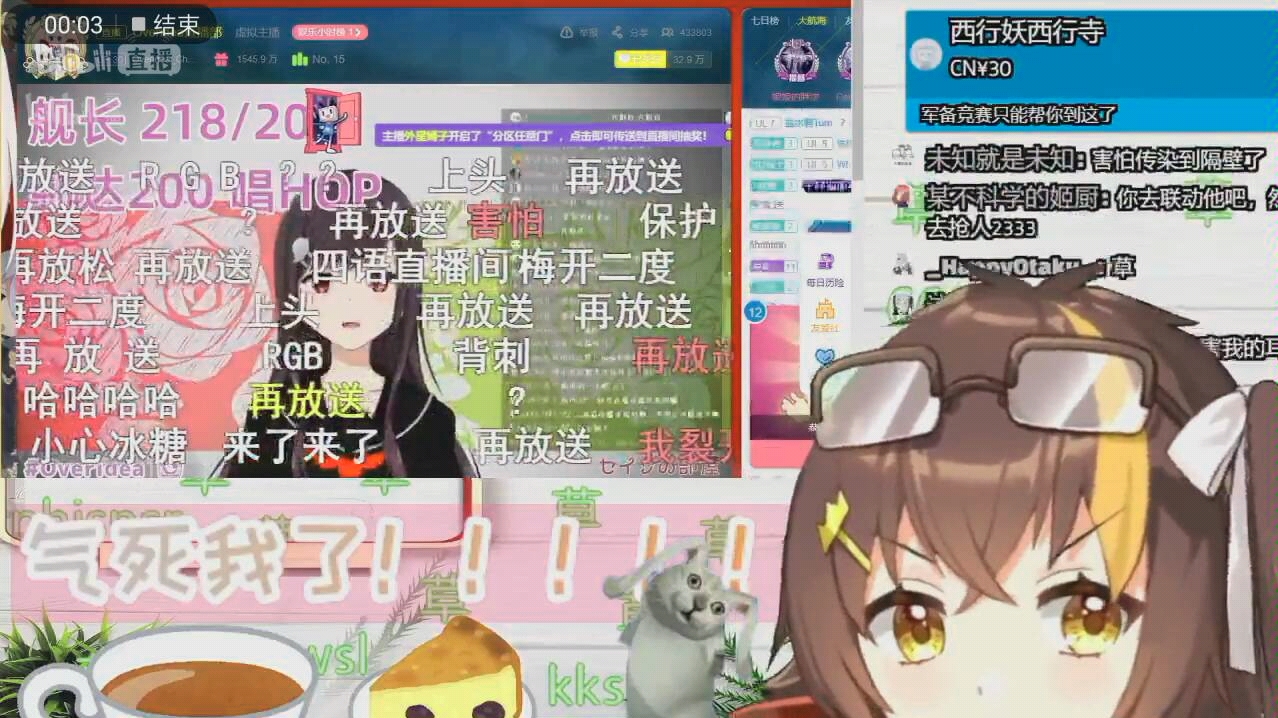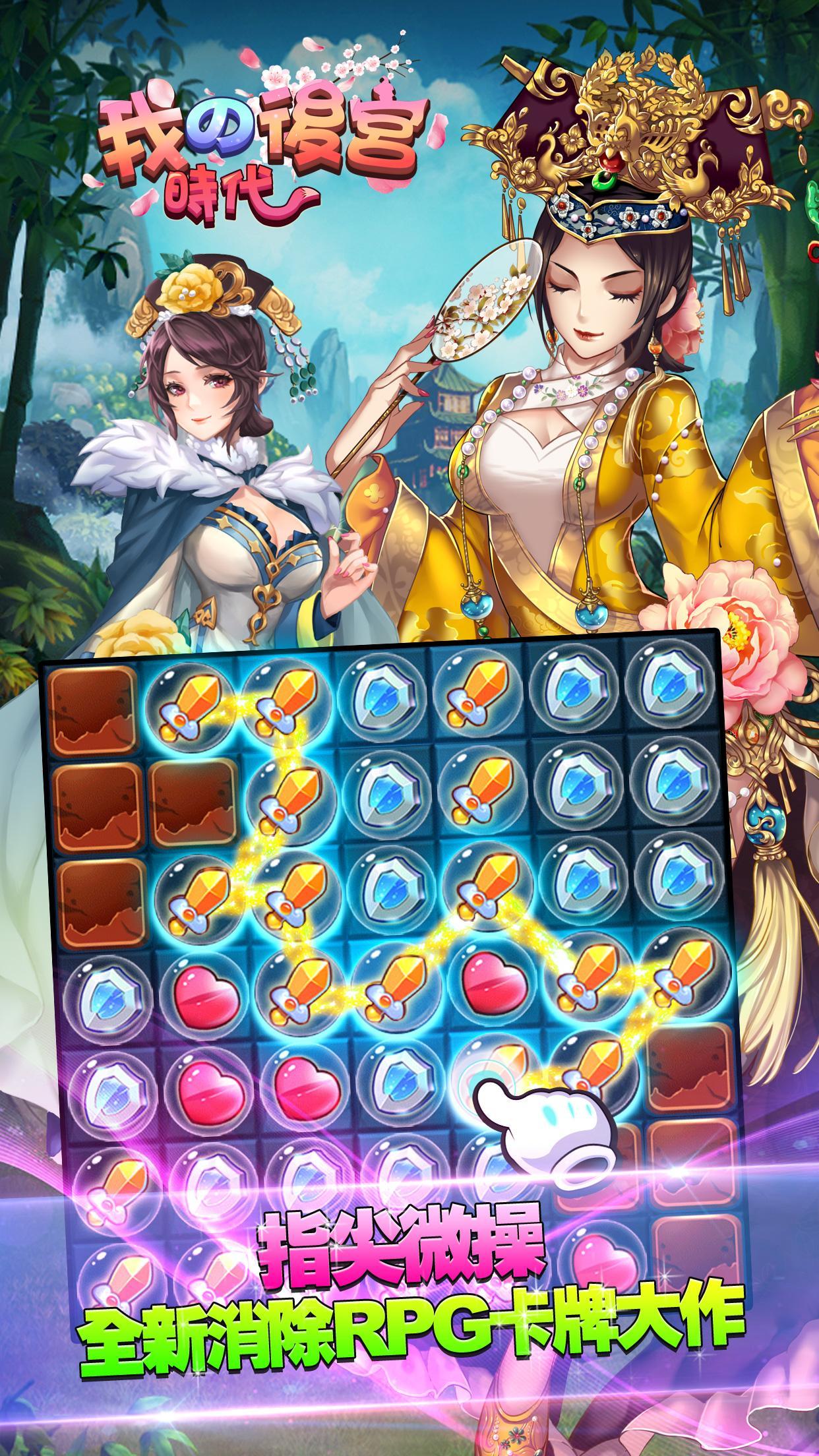

The vision is to skip the high commission fees charged by the likes of Huawei and Xiaomi and monetize through ads. makes games, too, but in recent years it has also emerged as a rebel against traditional game distributors, which are Android app stores operated by smartphone makers. The WeChat operator dominates China’s gaming market through original titles and a sprawling investment portfolio whose content it helps operate and promote. Tencent has similarly leaned on games to drive revenues for years. With 170M users, Bilibili is the nearest thing China has to YouTube

The ratio had declined from 71% and 53% in 20, a sign that it’s trying to diversify revenue streams beyond distributing games.

Though known for its trove of video content produced by amateur and professional creators, Bilibili derives a big chunk of its income from mobile games, which accounted for 40% of its revenues in 2020. The partners will initiate a series of “deep collaborations” around X.D.’s own games and TapTap, without offering more detail.

Network, which runs the popular game distribution platform TapTap in China, the company announced on Thursday.ĭual-listed in Hong Kong and New York, Bilibili will purchase 22,660,000 shares of X.D.’s common stock at HK$42.38 apiece, which will grant it a 4.72% stake. It has agreed to invest HK$960 million (about $123 million) into X.D. So far, Bilibili has invested in 15 Chinese game-related companies this year, which is more than double that of last year.Competition in China’s gaming industry is getting stiffer in recent times as tech giants sniff out potential buyouts and investments to beef up their gaming alliance, whether it pertains to content or distribution.īilibili, the go-to video streaming platform for young Chinese, is the latest to make a major gaming deal. Just like our expansion in video content, I believe we will do great in games as well." We will further expand from ACG areas - where we are very strong - to high reputation areas. The most recent investment occurred at the end of August, when Bilibili invested in AVG game developer Yamayuri (Developer of KarDia tou Abel and Tricolour Lovestory) with a holding of nearly 15%.ĭuring the Q1 earnings call this year, Bilibili CEO Chen Rui said, "We are very focused on the gaming segment. Network (owner of TapTap) and CMGE Technology (developer of One Piece and the Chinese Paladin franchise), as well as a large number of small and medium sized developers. The Chinese game companies invested in by Bilibili this year include both publicly traded game companies such as X.D. Network and CMGE Technology to expand the game market together) (Bilibili’s distribution of game industry: strategic investment in X.D. They spent nearly 1.6 billion RMB / 248 million USD in the gaming sector in April this year alone. On the other hand, Bilibili's investment strategy in the gaming sector has also moved from ACG-focused to the broad masses and continuing to expand its investment. At the new product launch in August this year, there were only 5 ACG games among the 16 brand-new games that Bilibili disclosed, while the rest of them covered various genres such as martial arts, sandbox, and female-oriented games. On the one hand, Bilibili is no longer limited to the ACG field in terms of R&D and agency. Therefore, Bilibili has been trying to "de-FGO" and diversify its revenue in the game sector in the past few years. That's a pretty dangerous sign for a publicly traded company. According to Bilibili's Q2 2021 earnings report released last month, its gaming business generated 1.23 billion RMB / 190 million USD, accounting for 27% of its total revenue for the quarter (4.49 billion RMB / 695 million USD).Īt the end of 2016, Bilibili introduced Fate/Grand Order, a Japanese game based on the famous Fate/Stay Night franchise, which quickly opened up the market in China and contributed a lot of revenue to Bilibili for a long time.įor a while after Bilibili's went public, mobile game business accounted for up to 80% of its total revenue, of which Fate/Grand Order's Chinese server took up 70%. Unlike Youtube, a large portion of Bilibili's revenue comes from games. The video website has already reached 237 million monthly active users, though still far from Youtube's 2 billion monthly active users, but it is already among the top video platforms in China. Bilibili is currently the largest ACG (Anime, Comics, and Games) video website in China and is seen by local video streaming industry as one of the closest platforms to Youtube. Since it became a publicly traded company in 2018, there has been constant debate over whether Bilibili will become the "Chinese Youtube".


 0 kommentar(er)
0 kommentar(er)
